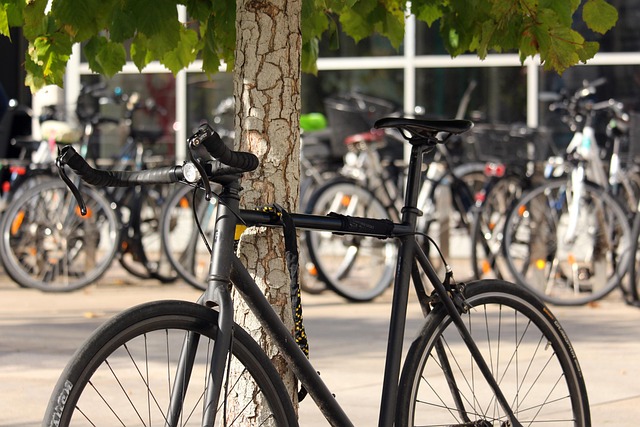In a world facing unprecedented environmental challenges, the concept of sustainable education has never been more vital. This approach goes beyond traditional learning; it instills values and practices that nurture our planet and its people for generations to come. Sustainable education empowers individuals not only to understand the complexities of environmental issues but also to become proactive agents of change within their communities.
At its core, sustainable education fosters a deep connection between learners and the environment. It encourages critical thinking about resource consumption, conservation, and the impact of individual and collective actions. By integrating sustainability into curricula, schools become incubators for innovation, inspiring students to develop solutions that balance economic, social, and ecological well-being.
Moreover, the emotional resonance of sustainable education cannot be overstated. It taps into a collective hope—a desire to leave behind a healthier, more equitable world. When young minds are engaged with hands-on projects, such as community gardening, renewable energy experiments, or waste reduction initiatives, they feel a sense of ownership and responsibility. This empowerment builds confidence and motivates continued advocacy for sustainable living.
In the broader sustainability movement, education is the foundation that supports all other efforts. By embedding sustainable education into every level of learning, from early childhood to higher education, society equips future leaders with the knowledge and compassion necessary to tackle environmental crises. It also promotes social justice by highlighting the interconnectedness of ecological health and human well-being.
Ultimately, sustainable education is more than a teaching strategy—it is a pathway to a resilient future. As each generation gains the skills and inspiration to protect our planet, we move closer to a world where harmony between people and nature is not just an ideal, but a lived reality.




